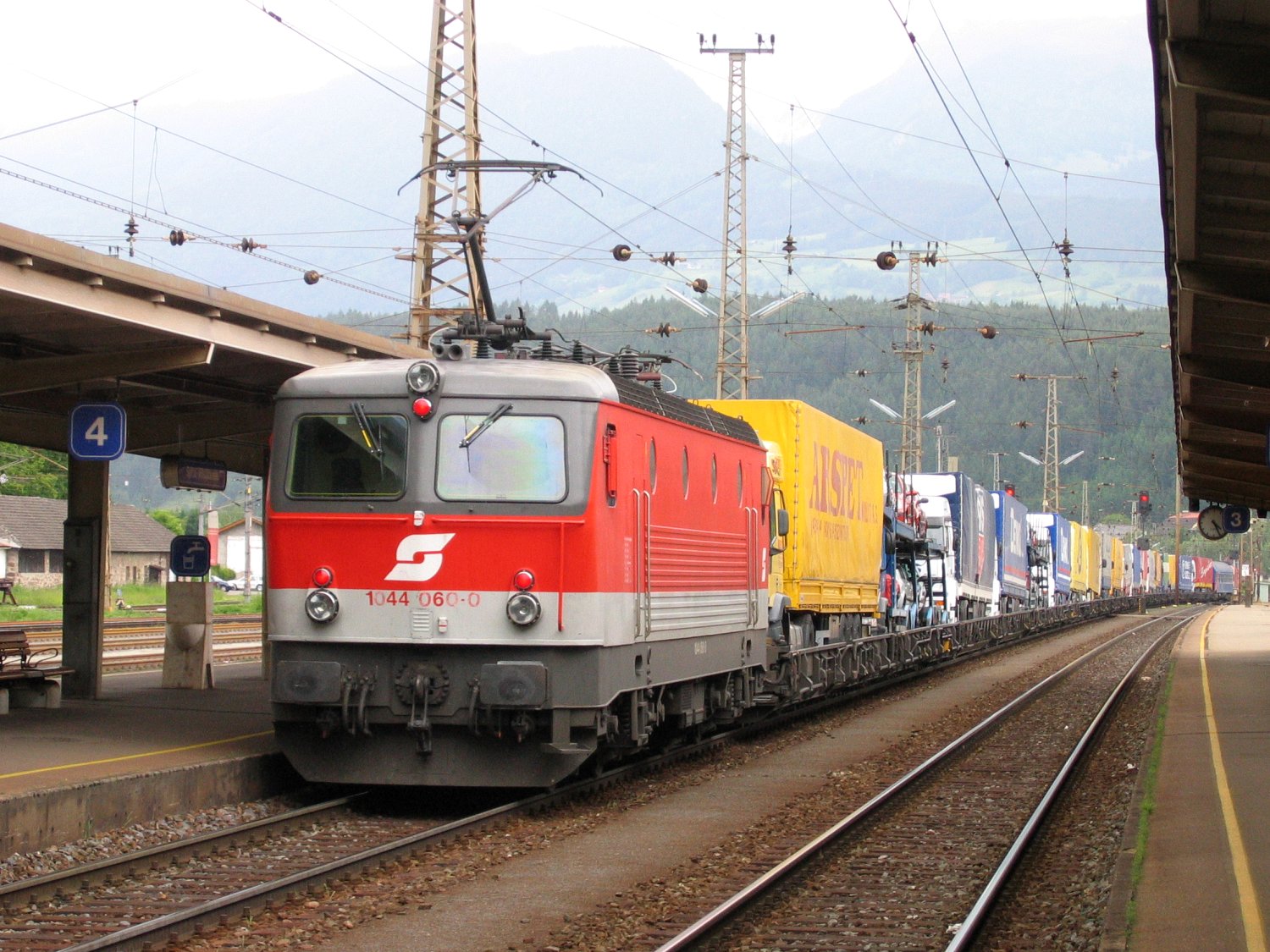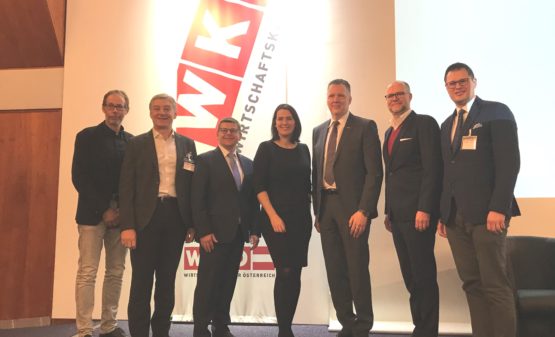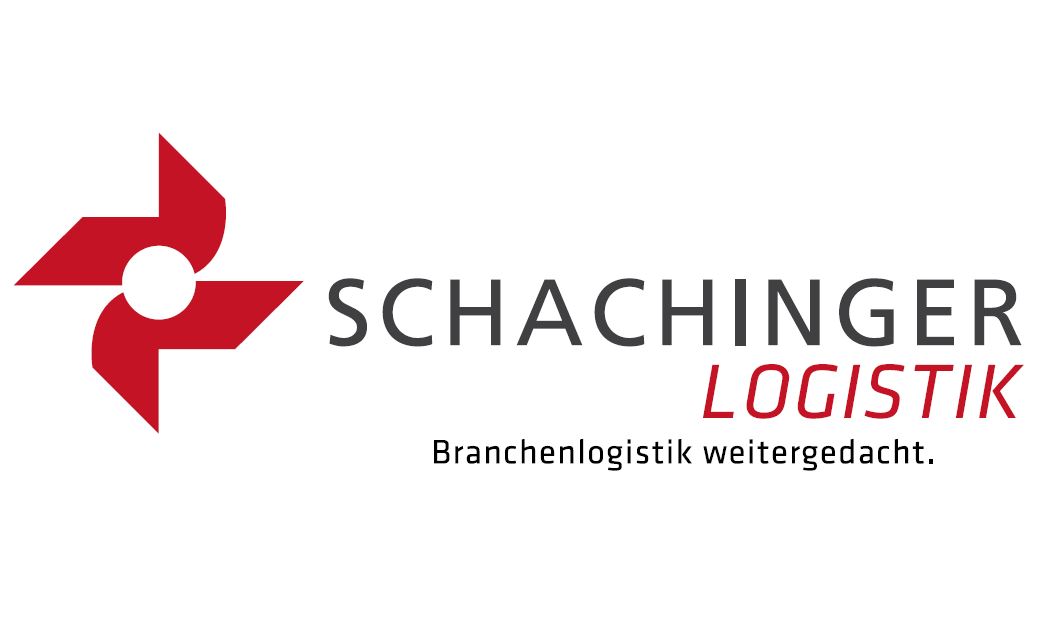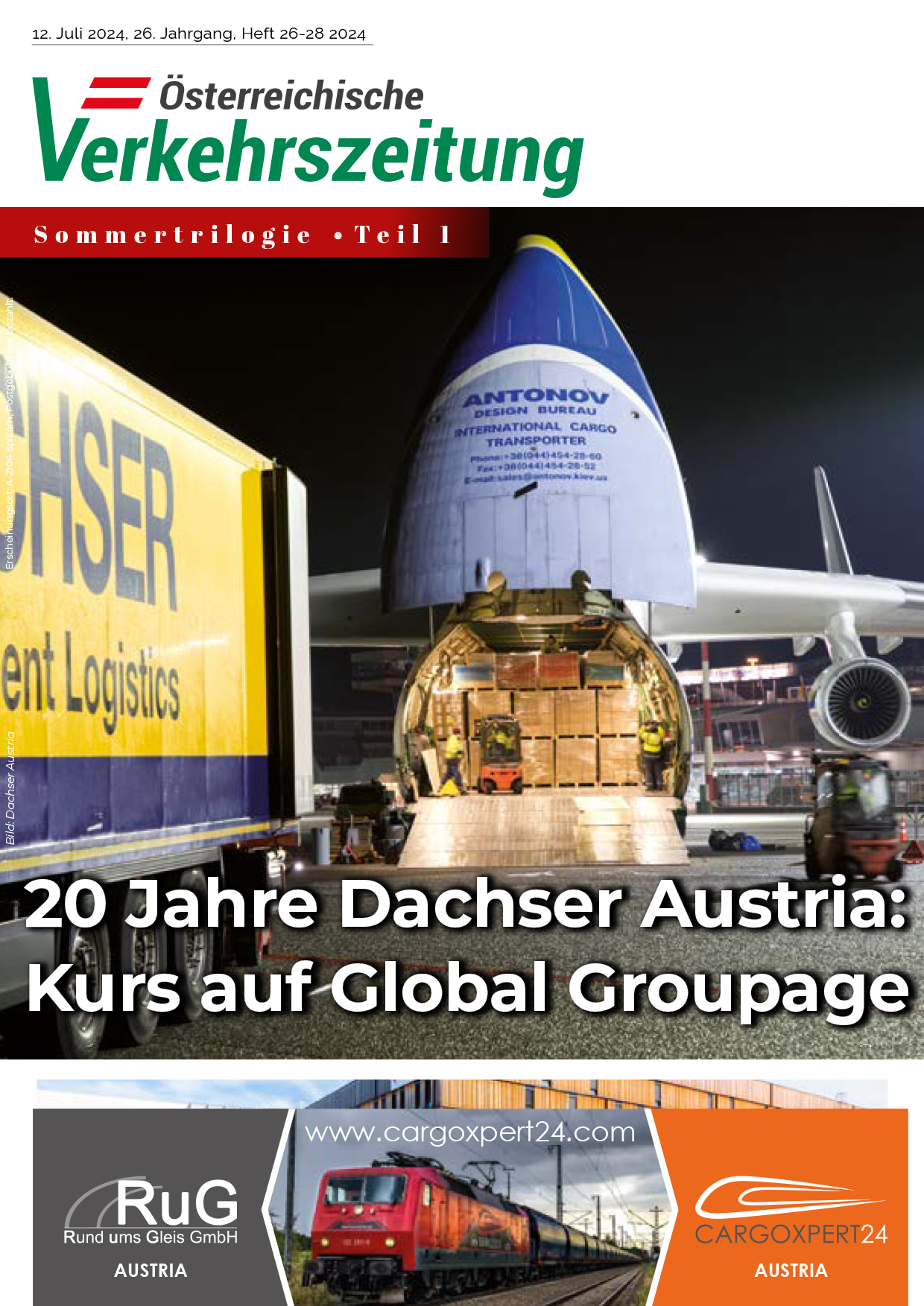Although the rolling road system (ROLA) can not solve the transit problem on its own, it is nevertheless an indispensable alternative to road transport and helps to compensate for the sectoral ban on driving. “Now we urgently need to turn the right screws to make the system as efficient as possible,” explains Franz Hörl, regional head of the Tyrolean business association Wirtschaftsbund.
At present, there are too many weak spots in the ongoing operations that definitely don’t help to make the railway more attractive, says Franz Hörl. As an example, he mentions a failure rate of trains of up to 40 per cent. The block handling and the controls of Asfinag as well as those on the border with Bavaria also contribute to delays, impeding trucks to reach the booked trains on time.
“The main goal must be to make the best possible use of the capacity of 200,000 slots and to expand this capacity as soon as possible. This requires a modern booking system, flexible transfer options, short intervals and above all reliability,” says Franz Hörl. The clearest indication of the need for action was the fact that capacity utilisation was at 160,000 trucks in 2010 and has fallen to 110,000 to date.
A relief of the situation is expected, among other things, from the completion of the Brenner Base Tunnel. The extension of the ROLA route would be an economically sensible long-term goal. However, this would imply the removal of the bottlenecks in Germany and especially in South Tyrol and Italy. It was desirable to extend the ROLA to the north and south so that the rest periods for the truck drivers are respected. The distance should ideally be at least as long as the rest period of the drivers.









